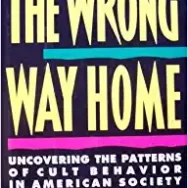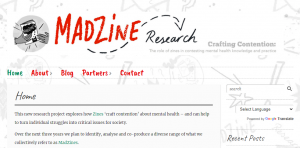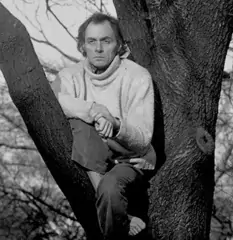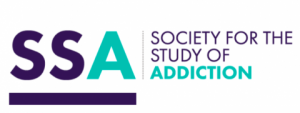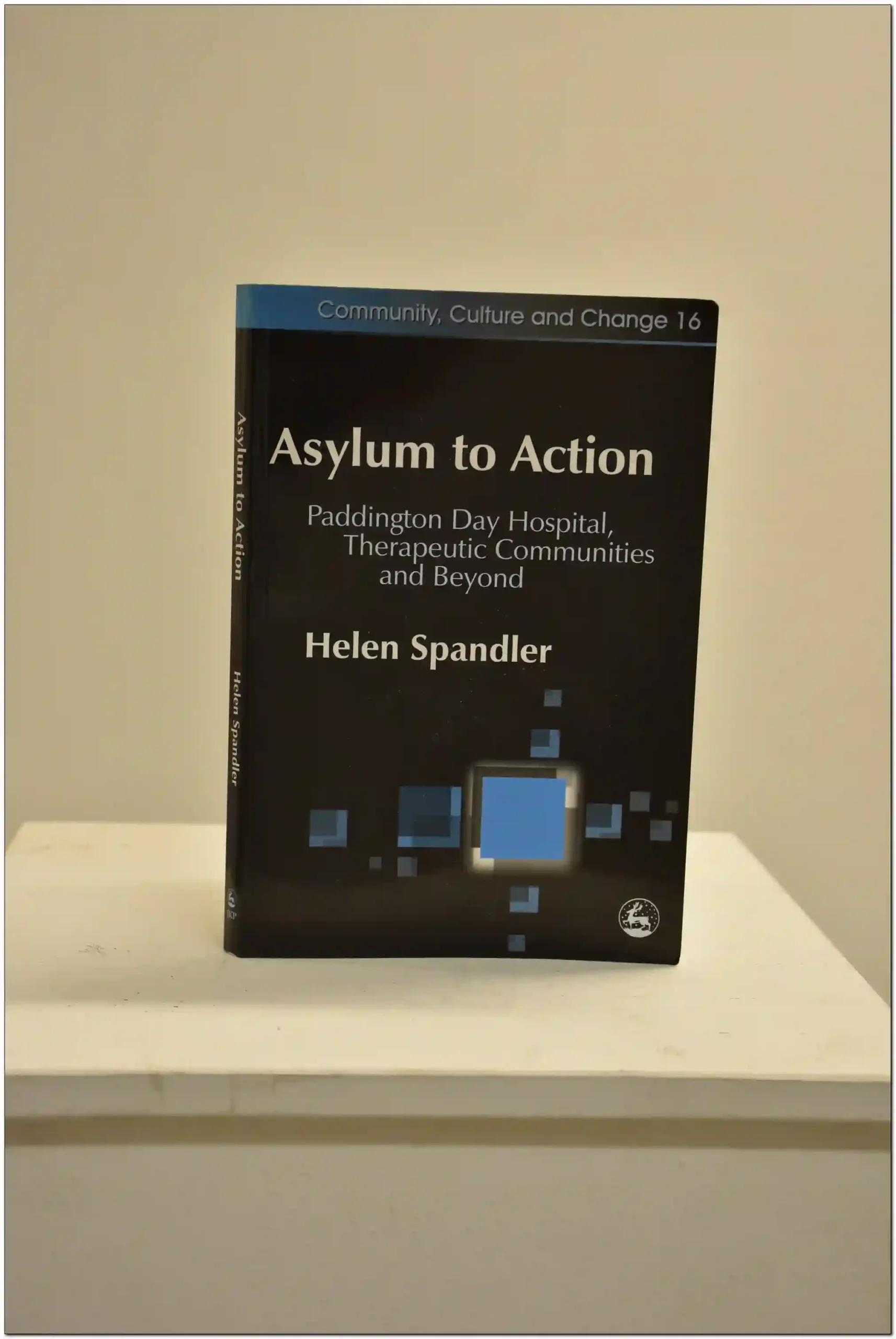Critical Analysis of the Medical Institution With Special Focus on Madness
In this online version of a paper written as a part of a Masters course at Queen Margaret University I have used visual screengrabs from the original texts. For the purposes of review and education I have chosen to integrate excerpts from each cited reference inline to assist the reader in learning more deeply the arguments which are being laid out. The reader is encouraged to work through all the reference texts as each one offers a series of nuances important for unpacking the complex issues being dealt with. Read more…





